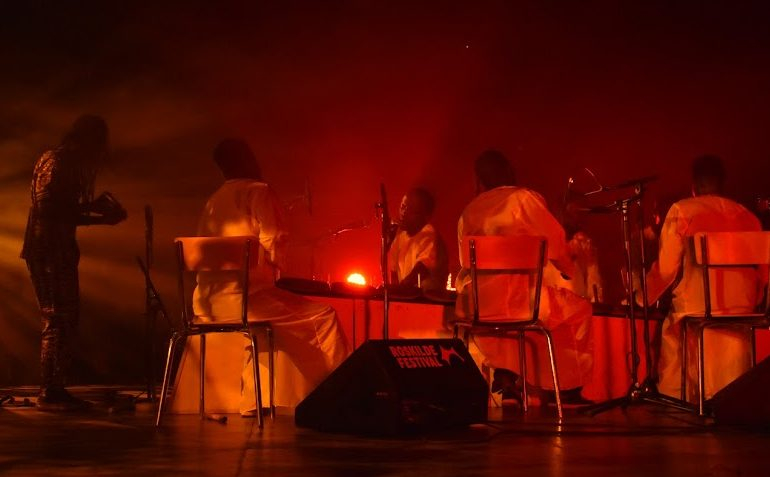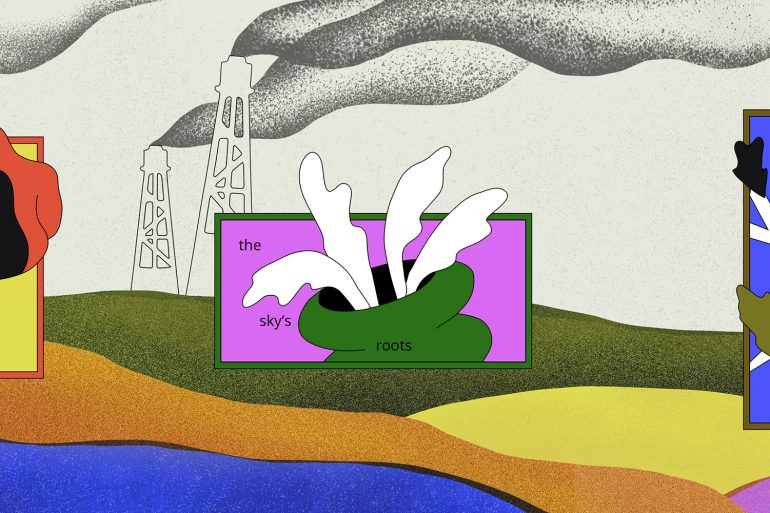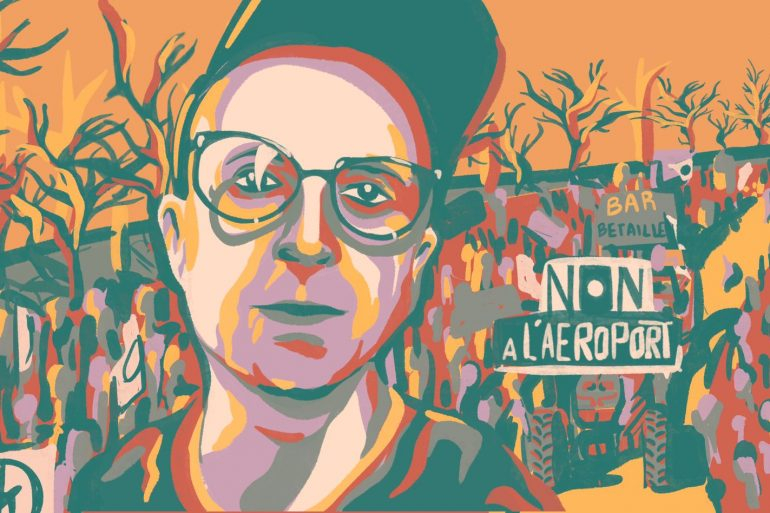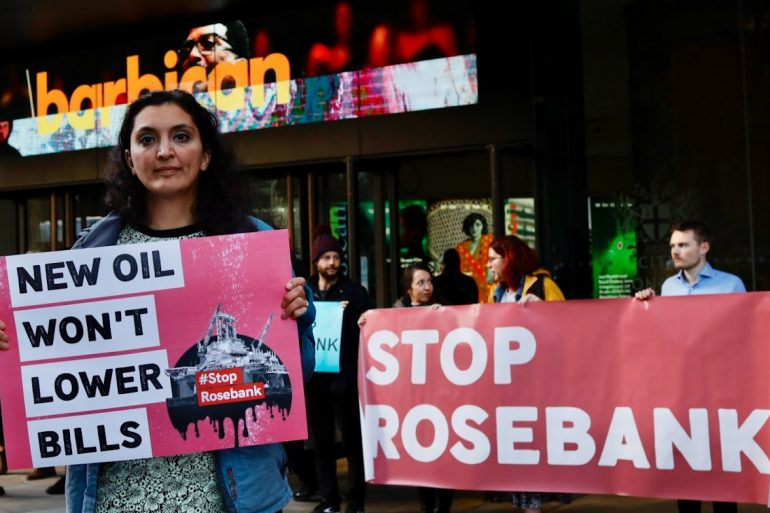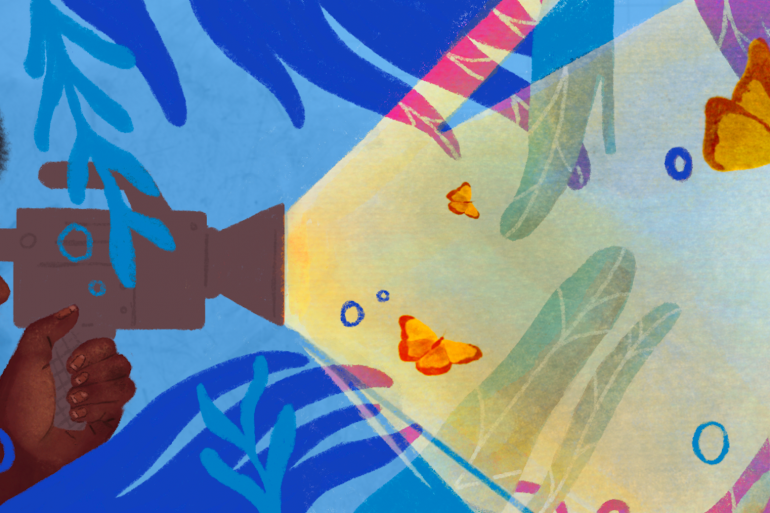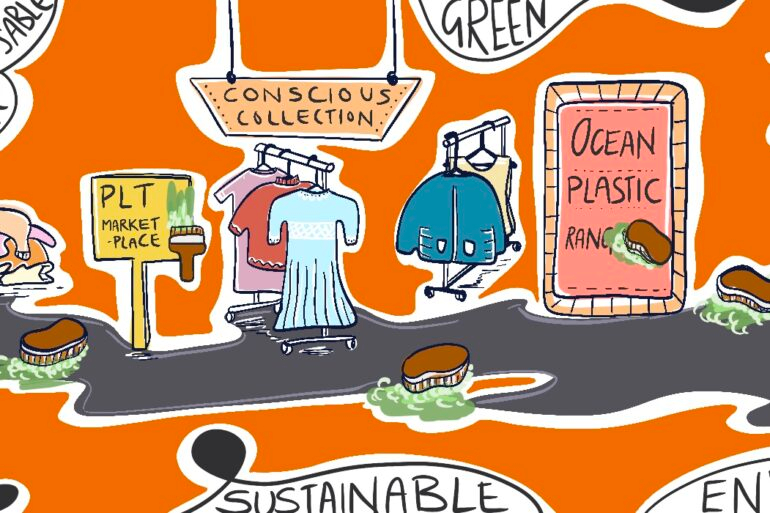Nigeria’s youth are entering into a tumultuous time. A group which makes up over 60% of the population, youth have the highest unemployment rate in decades and are called “lazy” and “uneducated” by their president. Despite these unfavourable conditions, we remain one of the world’s most inspiring groups of people. We are innovative, daring and audacious, and we continue to find ways to directly or indirectly influence development policies. At 26 years, in 2019, I coordinated the Cybersecurity Assessment of the World Bank-sponsored Identification for Development (ID4D) Project for the National Identification Management Commission (NIMC) which has helped to increase the registration and verification process of the National Identity Cards. Similarly, there are other young Nigerians that are taking the step further and fighting for greater political representation. However, in this, the odds are unfortunately stacked against them.
And it’s not like Nigerian youths haven’t proven themselves. According to the Partech Analysis, Nigerian start-ups attracted $307million in 2020, the highest investment attracted by a country in Africa. They have been instrumental in propping up Nigeria’s healthcare system, with LifeBank, an NPO run blood bank making blood available to hospitals across the country. Youth also stepped up in this arena during the pandemic, with 54Gene attracting enough funding to establish centres across the country for COVID-19 testing and Know COVID-19 Nigeria creating awareness for people in rural communities. Similarly, Agritech startups are helping farmers by connecting them to larger markets and technologies that can improve their productivity. Young Nigerians are paving the way by investing their time and efforts in developing promising start-ups that are providing solutions to major problems.
They have also successfully pressured the government, showing political prowess as well as problem solving skills. With the growth in cryptocurrencies, the financial market and payment systems are being revolutionised. Young Nigerians have been actively involved in cryptocurrency for almost a decade, but with the recent surge in popularity, the Central Bank of Nigeria issued a warning to remind all financial institutions that enabling crypto trading is prohibited in the country, an action that has resulted in stiff negative reaction across social media platforms. Despite this, young Nigerians continued to show interest and involvement in cryptocurrency and emerging markets. This in-turn encouraged the government to deepen its understanding of the crypto market and future trends. Recently, The CBN announced that the government has indicated interest to develop a national digital currency for Nigeria.
So instead of being insulted by people in the government, why aren’t young people taking positions within it?

It’s not for lack of trying. Abideen Olasupo was 25 years old when he coordinated the NotTooYoungToRun Movement in Kwara state, leading to the passing of the bill at the State House of Assembly. The gesture was further replicated across the 36 states in the country and on 31 May 2018, the President signed the Not Too Young To Run bill into law. “Our advocacy led to the emergence of young parliamentarians in Kwara State and across the country and due to our efforts, Kwara State now has one of the youngest Speakers of State House of Assembly in Nigeria”, Abideen commented. The advocacy, which was championed by YIAGA Africa (a hub of change makers committed to the promotion of democratic governance, human rights and civic engagement), ushered in new opportunities for young people to occupy elective and leadership positions at local, state and federal levels in the country. Despite this, getting youth into government will be an uphill climb – currently less than 1% of young people (18-29) are in elective positions and they have no representation in the national cabinet.
Another factor contributing to this struggle is the high cost of office nomination forms. The lower end form at the Federal level for the House of Representatives is about $8,500, while the form for The Office of the President is about $109,000. This pretty much excludes anyone who hasn’t spent a lifetime accumulating wealth.
Elizabeth Kolade is one of the few young people who managed to beat the odds of the system and become involved in a governmental process. In 2020, she was a drafting member of the National Cybersecurity Policy and Strategy (NCPS) document. Her experience revealed the need to have more youth in decision-making positions. “I never truly understood the amount of work that goes into policy development… it was important to project the interest of the youth demographic through initiatives that would create opportunities for young industry players”, she noted.
Recently, the slogan, ‘Soro soke’ (speak up), which emanated during the EndSARS protests, has become the chant of young Nigerians. But they are doing more than speaking up, they are changing the narrative, and putting Africa in the limelight. Kiki Mordi, a BBC Africa Eye presenter, became a public figure when she revealed the extensive cases of sexual harassment in higher institutions in Nigeria and Ghana in 2019. Similarly, Rinu Oduala, at 22, has become a global human rights figure, playing key roles in protests and demand for justice, particularly during the EndSARS protest.
Young people remain the powerhouse of Nigeria. While they continue to suffer amidst the bedevilling challenges in the country, they prevail – and must be encouraged. The government must take intentional steps to involve youths in leadership and the policy life cycle. Young Nigerians have the necessary “can do” spirit and will continue to do their best to move Nigeria forward.

See more of Yinkore’s work on Instagram


